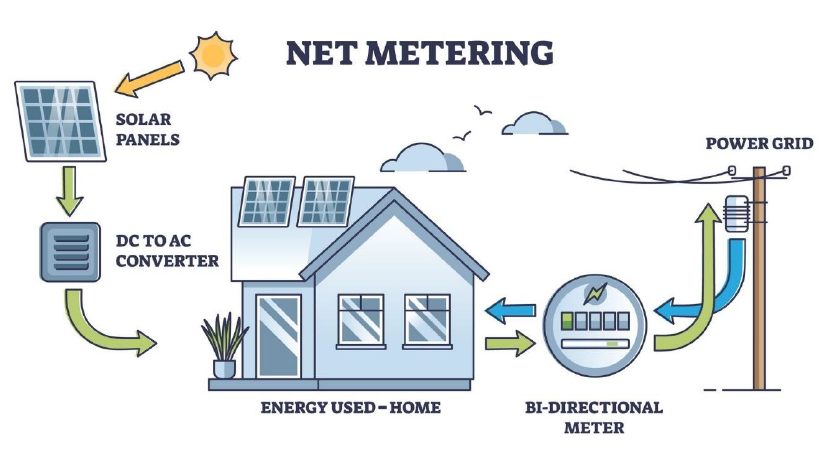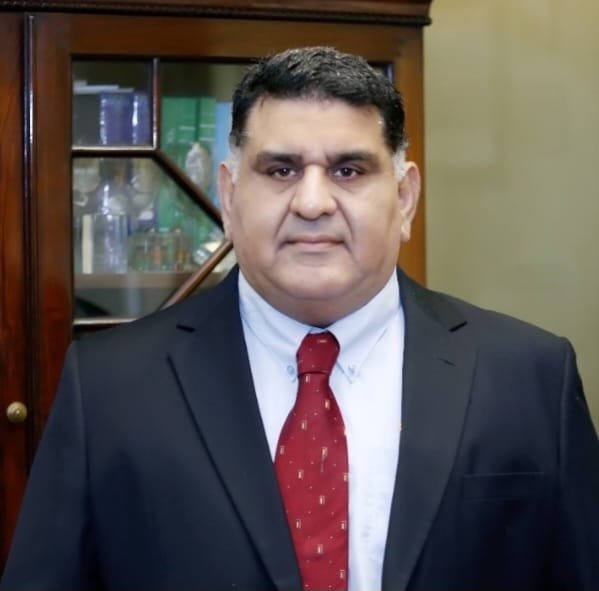The Pakistani government is currently considering shifting from net metering to gross metering for solar PV power systems and reducing the net metering buyback rate for excess units from Rs 21 to Rs 11 or 9 per unit. While this proposal aims to address financial burdens on DISCOs due to high solar adoption among affluent consumers, a more balanced approach could yield better results for all stakeholders. Renewable energy is beneficial for the country in the short and long term as it reduces the burden of imported fossil fuels. In the short term, DISCOs can be compensated through the following recommended means.
Lynching Christians in Sargodha: How Did We Get Here?
Emergency Medicine Day being observed today
Death anniversary of film actress Rani being observed today
Youm-e-Takbeer to be fervently observed tomorrow
For more such Opinions & Blogs, click here.
Current Policy and Issues:
Net metering allows consumers to offset each imported unit of electricity with an exported unit, effectively valuing the exported unit at the import rate. The primary goal is to replace off-peak consumption with solar energy, not to enable consumers to sell solar energy to the grid. The Rs 21 rate for excess export units acts as a bonus, which, if reduced, should be acceptable as it mainly accommodates month-to-month consumption variations for consumers.
Concerns with Gross Metering:
Shifting to gross metering, where consumers sell all solar production to the grid and draw solely from the grid, could become very subjective and is impractical for the government /DISCOs to control and implement, opening avenues for corruption. It undermines the self-consumption incentive that is central to current net metering policies. Consumers would lose the flexibility to use their generated solar power directly, making it less attractive to invest in solar energy systems.
Security forces kill 23 terrorists in three separate operations in KP
Federal, KP govts agree to jointly work to overcome power losses
Israeli Airstrikes Kill at Least 35 in Rafah, Gaza Authorities Say
Major developments in Gurpatwant Singh attack case
Proposed Alternative:
1. Adjusting Peak Hour Tariffs:
- Increase peak hour rates by 30-40%, making them 50-70% higher than off-peak rates for all applicable tariff categories, not just net metering consumers. This adjustment would enhance DISCO revenues while maintaining the attractiveness of net metering.
- Higher peak rates would incentivize consumers to reduce peak hour consumption or shift demand to off-peak times. Currently, the small difference between peak and off-peak rates does not motivate such behavior.
2. Implementing Demand Charges:
- Introduce a demand charge (MDI-kW) for net metering connections to encourage peak shaving.
- By imposing demand charges, consumers would be motivated to invest in technologies that reduce demand, such as energy storage systems or load management solutions.
Rahul Gandhi calls Modi as epicenter of corruption
PM praises European countries for recognizing Palestinian, hopes for same attention for Kashmir
Matthew Hayden makes huge prediction about Pakistan’s T20 World Cup 2024 chances
PPP to support government’s welfare initiatives: Acting President
Benefits of the Proposed Strategy:
- Revenue Improvement for DISCOs:
Increasing peak hour rates and introducing demand charges would generate additional revenue for DISCOs without discouraging solar adoption.
- Peak Load Reduction:
Encouraging consumers to shift or reduce peak hour consumption would lead to a more balanced load curve, reducing the need for expensive peak power generation and improving grid stability.
- Consumer Behavior Change:
The proposed changes would incentivize consumers to adopt energy-saving technologies and practices, leading to overall reduced energy consumption and a more efficient use of the grid.

PM commends Norway’s decision to recognize Palestine
COAS extends condolences over Iranian President’s demise
Funeral prayer of martyred soldiers offered in Peshawar
Indian Army Chief General Manoj C Pande’s Tenure Extended by 1 Month
Implementation and Testing:
Before implementing these changes, it is crucial to develop a digital model to simulate various scenarios. This model would help identify the optimal rate increases for peak and demand charges that effectively motivate consumers while ensuring Discos’ financial stability. Running these simulations would provide valuable insights into the potential impacts of different tariff structures and help refine the policy to achieve the desired outcomes.
Conclusion:
Rather than simply reducing net metering rates and shifting to gross metering, a more holistic approach involving peak hour tariff adjustments and demand charges could provide a balanced solution. This strategy would support DISCOs financially, encourage consumers to optimize their energy usage, and promote the adoption of solar energy in a sustainable manner. By reconsidering the revision to the net metering policy in this way, the government can create a win-win situation for both energy providers and consumers.
Turbulence on Doha-Dublin flight leaves 12 injured
Hamas launches ‘big missile attack’ towards Tel Aviv for first time in months
This article has been submitted by Masroor A. Khan, Chairman of ETRC – www.etrc.org. ETRC is a not-for-profit company dedicated to Renewables Training and Applications research in renewables and energy technology in general. Board Chairman at SBEEC, www.sbeec.pk | Transforming Pakistan’s Energy Landscape, Fostering Innovation, Sustainability, and Growth | Energy Consultant | Lifelong Learner BSc Electrical and Electronics Engineering, M Engineering Cornell University, Certified Complex Product Development Manger from MIT USA. 40 years’ experience in the Power Sector with emphasis on Metering, Billing, Digital Energy transformation, Energy Management, and Microgrid Development. Life Member Pakistan Engineering Council, Institute of Electrical Electronics Engineers Pakistan. Sr. Member, IEEE USA. Member, Association of Energy engineers USA Member, The Entrepreneurs Network Pakistan.
Stay tuned to Baaghi TV for more. Download our app for the latest news, updates & interesting content!






